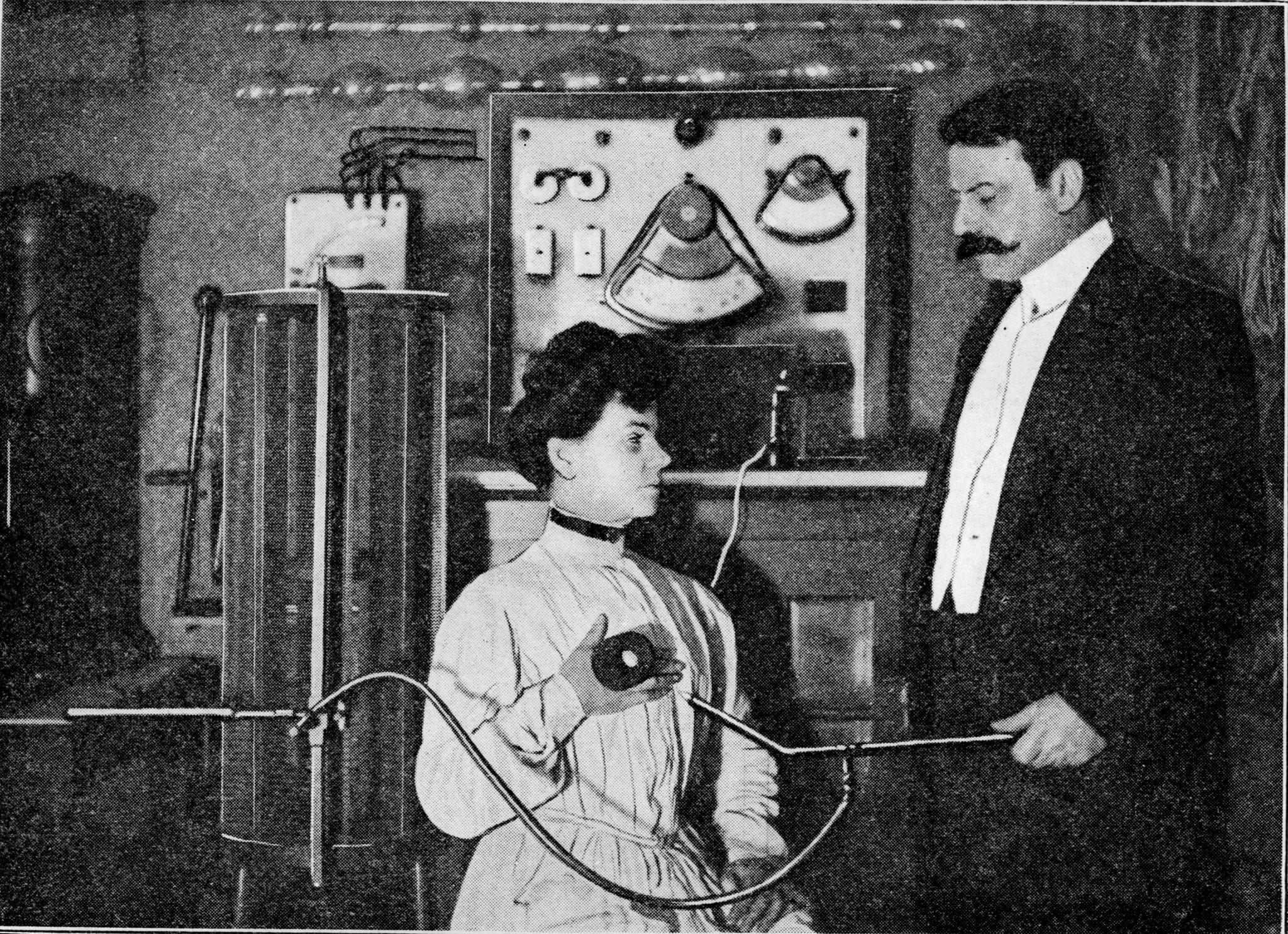Scientists in Israel have discovered two new ways cannabis could help humans battle cancer.
Cannabics Pharmaceuticals Inc. (OTCQB: CNBX) found two cannabinoids, Cannabichromene (CBC) and Cannabigerol (CGB), that fight human gastrointestinal cancer cells, the company announced Monday.
Small quantities of these cannabinoids develop naturally in cannabis plants.
“Gastrointestinal cancers are amongst the leading and most wide-spread causes of cancer-related deaths worldwide,” Cannabics CTO and co-founder Eyal Ballan said in a statement. “We are intrigued by the results we have obtained in the lab, and our aim is to consider placing an emphasis on this organ system, and to further explore the differential anti-tumour properties of cannabinoids.”

The yellow colour in the left image shows the necrosis, or damage, done to the gastrointestinal cancer cell lines caused by CBC and CBG cannabinoid treatment. The right image is a photo of the cell lines without any cannabinoid treatment. Photo courtesy of Cannabics Pharmaceuticals.
The American company was testing what effects cannabinoids have on human cancer cells at its research facility in Israel, when it noticed CBC and CBG’s tumour-fighting properties.
These cannabinoids killed gastrointestinal cancer cells at a significantly higher rate than other cannabinoids, Cannabics said in a statement.
Read more: US FDA gives rare designation to THC cancer drug in clinical trials
Read more: Tilray backs first study on cannabis in breast cancer patients
While these findings note the anti-tumour properties of CBC and CBG, why they help battle cancer isn’t yet understood.
“My working assumption is that these results show that a correlation may exist between a cannabinoid’s Topological Polar Surface Area value and its ability to induce anti-tumour activity, diminishing cancer cell’s viability rates,” Cannabics head of cannabidoil research Yaakov Waksman said.
In other words, the molecular shape of CBC and CBG might help it penetrate cancer cells and kill the cell from the inside. This theory could help explain why a slightly more acidic form of CBC and CBG, which would change its molecular shape, do not effect cancer cells, Waksman said.
This isn’t the fist time cannabis has been found to help humans with cancer. When cannabis was fist introduced to Western medicine in 1839 it was toted for its pain reliving, anti-inflammatory and sedative effects, according to the U.S. National Cancer Institute website.
Today in the U.S. those properties are used to help cancer patients with the side effects of chemotherapy, such as nausea, vomiting, loss of appetite and pain management, the NCI notes.
As cannabis research expands, more is understood about the medical properties of each individual cannabinoid, Cannabics says in the press release.
For example, CBC may also promote antimicrobial, anti-inflammatory, pain relieving and nervous tissue regrowth in humans, it added.
Earlier this month Cannabics also announced CBG had a greater anti-tumour effect on human stomach and bone cancer cell lines compared it the compounds more acidic form, CBGA.
Top photo: “The treatment of cancer by high frequency cytolysis using the d’Arsonval-Gaiffe apparatus from 1910” courtesy of the Welcome Collection.
michelle@mugglehead.com
@missmishelle














